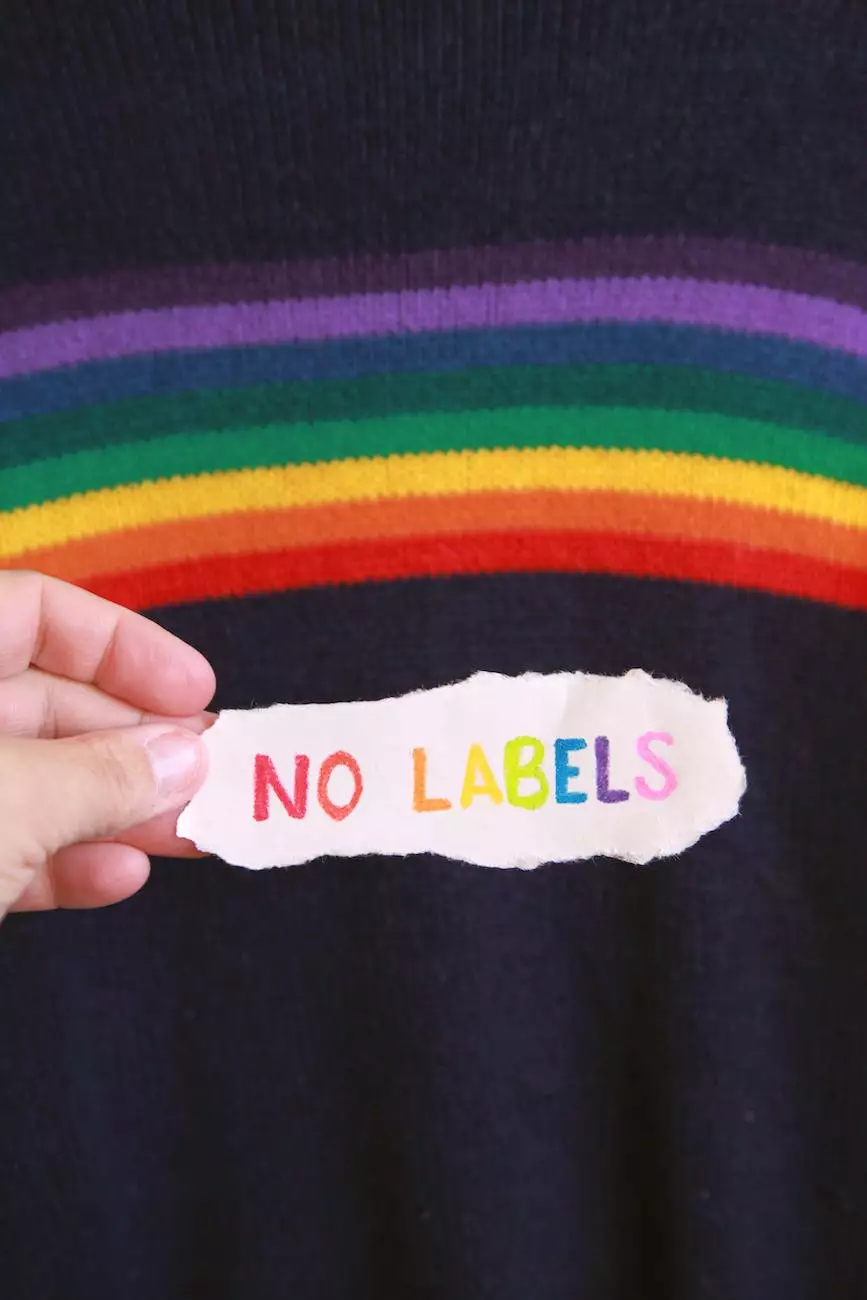Learn English Vocabulary - START AT, START ON ...
English Vocabulary Lessons
Introduction
Welcome to NJCLT, where we provide comprehensive English lessons to help you improve your language skills. In this lesson, we will focus on the usage of prepositions with the word "start". Mastering prepositions is crucial in English, as they can significantly affect the meaning and context of a sentence. So let's dive in and explore how to correctly use prepositions with "start."
The Basics: Start With
When we say "start with," we are referring to the beginning of an action or process. This prepositional phrase is commonly used with verbs, nouns, and infinitives. Let's look at some examples:
1. Verbs:
- I always start with a warm-up exercise before hitting the gym.
- The movie started with an explosive action sequence, capturing the audience's attention.
- We should start with the easiest task on our to-do list.
2. Nouns:
- I usually start my day with a cup of coffee to help me wake up.
- The chef's recipe begins with marinating the meat overnight.
- Let's start the event with a few opening remarks to set the tone.
3. Infinitives:
- She decided to start with learning the basics of coding.
- We should start with understanding the problem before finding a solution.
- It's important to start with setting clear goals for any project.
Start At
Now, let's move on to "start at." This prepositional phrase indicates a specific point or place where an action begins. Here are some examples:
1. Specific Time or Place:
- The meeting is scheduled to start at 9 AM, so please be on time.
- We should start studying at chapter 5 to get a better understanding of the topic.
- The race will start at the main entrance of the park.
2. Measurement or Position:
- The temperature starts at 20 degrees Celsius in the morning and rises throughout the day.
- The book starts at page 10 and covers various topics until the end.
- The hike will start at the base of the mountain and ascend gradually.
Start On
Lastly, let's discuss the usage of "start on." This prepositional phrase is commonly used when referring to a specific day, date, or event. Here are some examples:
1. Days:
- We usually start working on Mondays and finish our tasks by Friday.
- The conference will start on the 15th of June and last for three days.
- Let's start the project on Wednesday to allow enough time for completion.
2. Dates:
- The festivities will start on New Year's Eve and continue into the early hours of the new year.
- The program is set to start on the 1st of July, so make sure to mark your calendars.
- Training sessions will start on the 5th of August and run for two weeks.
3. Events:
- The concert will start on time, so make sure to arrive early to secure your seats.
- The match will start on the referee's whistle, so be prepared to give your best.
- The ceremony will start on the red carpet, with celebrities arriving in style.
Conclusion
Congratulations! You have gained a better understanding of how to use prepositions with the word "start." Remember, mastering prepositions takes practice, so continue incorporating them into your English conversations and writing. NJCLT is here to support your language learning journey, offering comprehensive lessons and valuable resources. Keep exploring, and soon you'll become a pro at using prepositions in English!










